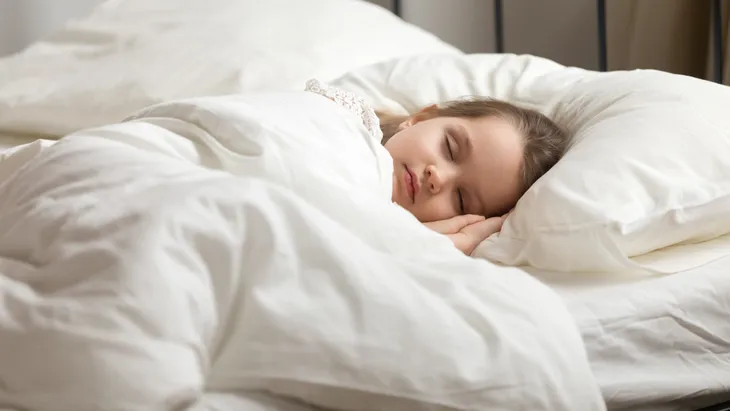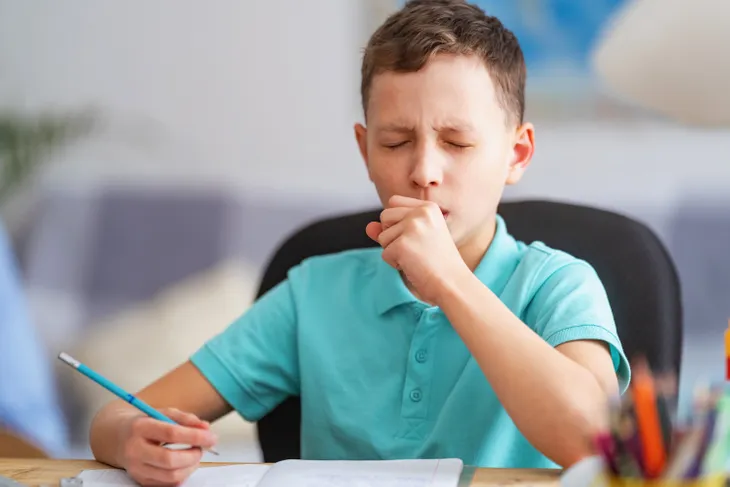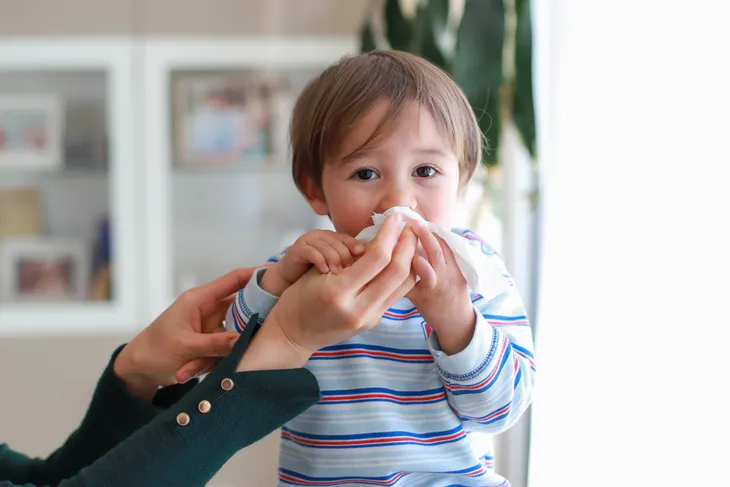Asthma, chronic inflammatory disease of the lungs and airways, is the leading cause of chronic illness in children, affecting nearly 12-percent of all American children. The breathing condition is caused when the bronchial tubes develop sticky secretions along the tubes, causing classic asthmatic reactions when the airways become inflamed or restricted when coated in mucus.
Asthma can show its first signs at any age, but most children develop tell tale symptoms by 5-years of age that are often antagonized by environmental factors—such as allergies, infection, physical activity, and even diet.
The primary symptoms of asthma include…
1. Chronic Cough
A chronic cough may be the first tell tale symptom of asthma. It may develop in frequent coughing spells, which are worse dependent on the time of day, physical exertion, or if anxious, laughing, or crying.
2. Fatigue
Children with asthma often experience a sudden loss of energy. This might develop as sudden weakness during physical play that they once enjoyed regularly, or after an emotional episode (i.e., fit of crying or a temper tantrum) that leaves them gasping for air.
3. Wheezing
Oftentimes, in children with asthma, you can hear a whistling sound when they take a breath in and then exhale. You will hear a “wheeze” when they are breathing out. This may also caused labored breathing that makes them tired from the airway restriction.
4. Periods of Rapid Breathing
Asthmatic children often experience bouts of rapid breathing that may seem panicked. Their chest may raise and fall in a see-saw motion due to difficult or labored breathing during an asthma attack.
5. Chest Pain
It’s common for children with asthma to complain of pain or tightness in their necks and chest muscles. This chest tightness and pain are a result of the restricted bronchial tubes.
6. Shortness of Breath
One rather scary symptom of asthma is the shortness of breath that the patient will experience. This will often come on without warning following physical or emotional exertion, resulting in gasping or complete loss of breath for seconds at a time.
7. Allergies
The majority of those with asthma suffer from allergies that tend to stick around or increase, accompanied by symptoms of persistent red, itchy eyes; runny nose; sinus congestion; sunken or swollen eyes or dark circles.
8. Difficultly Sleeping
For many asthma patients, the prone position (lying down) will aggravate their symptoms due to further restricting the airways. This will often result in a cough that worsens during the night and disrupts a full night’s sleep.











